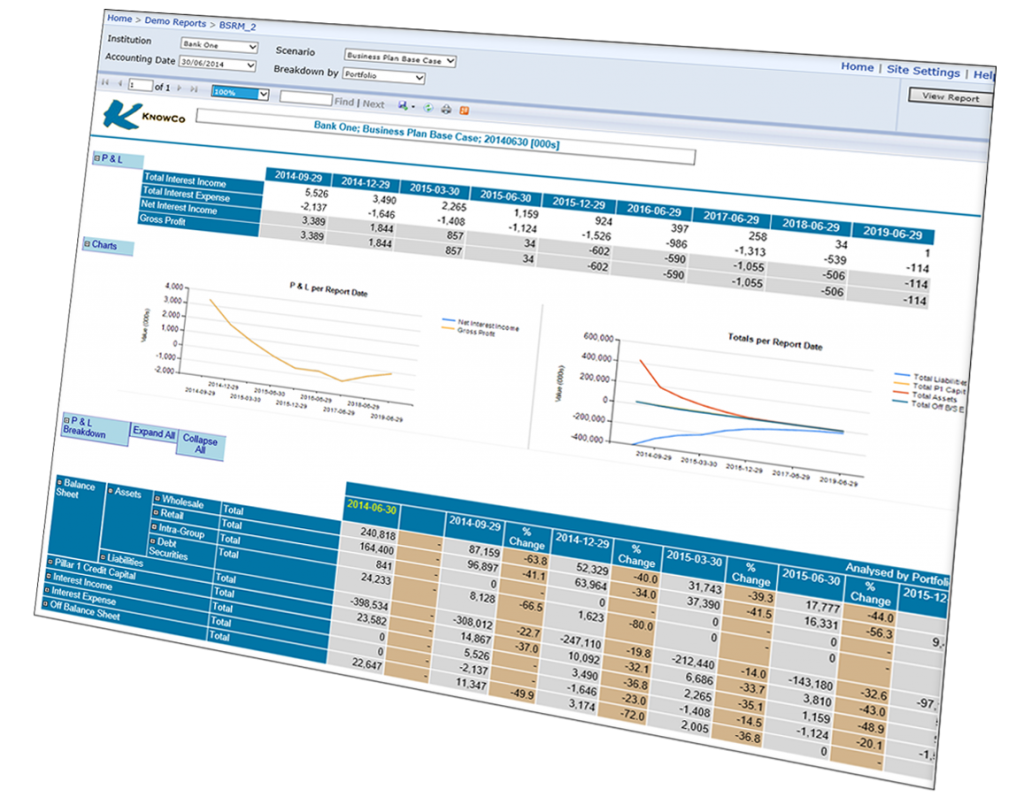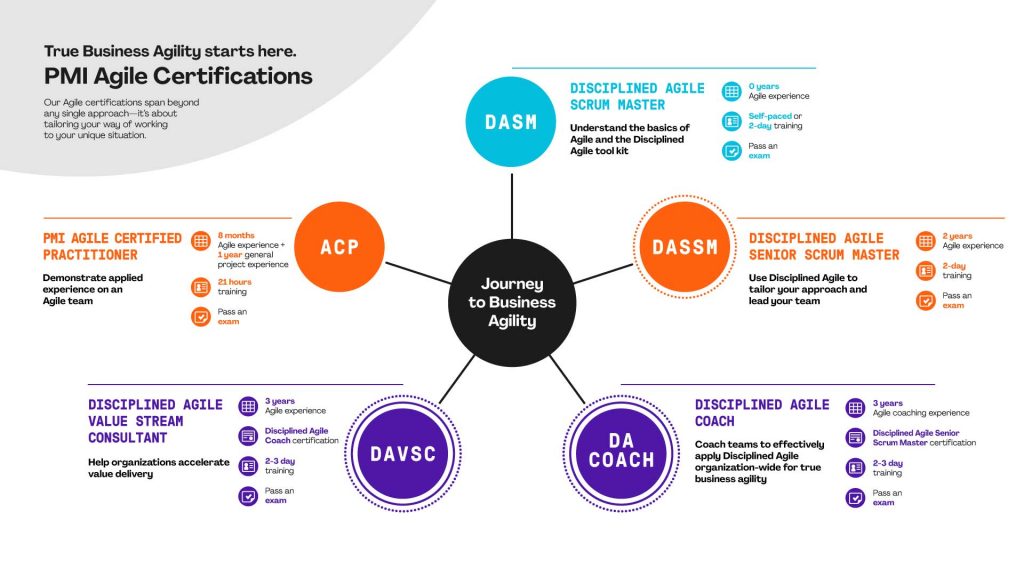
Master Supply Chain Management graduate degree focuses primarily on the management of supply-chain processes. This course teaches students how to improve the flow of information, reduce costs, and ensure optimal customer service. These courses are offered at SNHU, CMU, and University of Pennsylvania.
Master's degree in Supply Chain Management from SNHU
If you are interested in a career within supply chain management, you can get a master's in this field. SNHU offers an online program that takes less than 12 months to complete. Classes are held in 10-week segments that you can take at your own pace. The curriculum at SNHU will equip you to become a business leader today.
SNHU's College of Online and Continuing Education (COLOCE) is a national leader online education. The master's in supply-chain management program is no exception. The online program offers the same degree content and the ability to make business decisions. It has been in existence for more than 80 years and is committed to producing successful leaders. The university offers four start dates each year so that you can begin your master's program anytime.

CMU's Master's Degree in Global Logistics
CMU's Master of Science program in Logistics and Supply Chain Management prepares students for leadership positions in business and the logistics industry. Students complete coursework that integrates logistics technology, data analytics, and distribution modeling. They also develop their analytical and interpersonal skills. The course provides both classroom and hands-on training, enabling students to become business leaders worldwide.
With a focus on global supply chain management, this program is the ideal choice for people who want to be part of a global logistics company. Globalized business environments mean that business professionals need to be able to adapt to changes in supply chains and meet global business needs. In addition, students gain the leadership skills needed to succeed in global supply chain management and logistics.
The program's part-time two-year format is suitable for working professionals with at least 10+ years of experience. Students will spend two 10-day periods of residence in supply chains hubs in Asia, Europe and the Middle East during the program. Additional two-hour classes are also offered online. The program concludes with a case study.
University of Pennsylvania master's degree in supply chain management
The University of Pennsylvania offers an online master's degree program in supply chain management. It is an accredited school and offers high-quality education. It adheres strictly to established standards and is subject to periodic reviews by state and regional bodies. The tuition shown is for in-state students.

The curriculum stresses integrated supply chain planning, and execution. Students work in teams to solve real problems and build a network of learning. While most courses can be completed online, students must attend an on-campus residency for the first year. A comprehensive capstone project will be completed that shows their deep knowledge of real-world supply chains.
If you are interested in global supply chain management, a master's degree in supply chain management would be a great choice. The University of Pennsylvania offers an extensive master's program and also offers a Graduate Certificate of supply chain management. Students can prepare for the APICSCSCP certification test through this program. It is accredited by Association to Advance Collegiate Schools of Business.
FAQ
What are the 5 management processes?
Each business has five stages: planning, execution and monitoring.
Planning involves setting goals for the future. It includes defining what you want to achieve and how you plan to do it.
Execution is when you actually execute the plans. They must be followed by all parties.
Monitoring is a way to track progress towards your objectives. This should involve regular reviews of performance against targets and budgets.
Review events take place at each year's end. They provide an opportunity to assess whether everything went well during the year. If not there are changes that can be made to improve the performance next year.
After the annual review, evaluation takes place. It helps identify what worked well and what didn't. It provides feedback about how people perform.
What is Six Sigma?
It's a strategy for quality improvement that emphasizes customer care and continuous learning. The goal is to eliminate defects by using statistical techniques.
Motorola developed Six Sigma in 1986 to help improve its manufacturing processes.
The idea quickly spread in the industry. Many organizations today use six-sigma methods to improve product design and production, delivery and customer service.
What are the four major functions of Management?
Management is responsible in planning, organizing and directing people and resources. It includes creating policies and procedures, as well setting goals.
Management helps an organization achieve its objectives by providing direction, coordination, control, leadership, motivation, supervision, training, and evaluation.
Management's four main functions are:
Planning - This is the process of deciding what should be done.
Organizing is the act of deciding how things should go.
Directing - Directing means getting people to follow instructions.
Controlling – Controlling is the process of ensuring that tasks are completed according to plan.
What's the difference between leadership & management?
Leadership is about influence. Management is all about controlling others.
A leader inspires others while a manager directs them.
Leaders inspire people to achieve success. Managers keep their workers focused.
A leader develops people; a manager manages people.
What does it mean to say "project management"
We mean managing the activities involved in carrying out a project.
These include planning the scope and identifying the needs, creating the budget, organizing the team, scheduling the work and monitoring progress. Finally, we close down the project.
What is the difference in a project and program?
A project is temporary, while a program lasts forever.
A project is usually defined by a clear goal and a set deadline.
This is often done by a group of people who report to one another.
A program will usually have a set number of goals and objectives.
It is usually done by one person.
Statistics
- 100% of the courses are offered online, and no campus visits are required — a big time-saver for you. (online.uc.edu)
- This field is expected to grow about 7% by 2028, a bit faster than the national average for job growth. (wgu.edu)
- The BLS says that financial services jobs like banking are expected to grow 4% by 2030, about as fast as the national average. (wgu.edu)
- The profession is expected to grow 7% by 2028, a bit faster than the national average. (wgu.edu)
- The average salary for financial advisors in 2021 is around $60,000 per year, with the top 10% of the profession making more than $111,000 per year. (wgu.edu)
External Links
How To
How can you implement Quality Management Plan (QMP).
The Quality Management Plan (QMP) was established in ISO 9001. It is a systematic way to improve processes, products and services. It focuses on the ability to measure, analyze and control processes and customer satisfaction.
The QMP is a standard method used to ensure good business performance. The QMP aims to improve the process of production, service delivery, and customer relationship. QMPs should address all three dimensions: Products, Services, and processes. A "Process" QMP is one that only includes one aspect. QMPs that focus on a Product/Service are known as "Product" QMPs. QMP stands for Customer Relationships.
There are two key elements to implementing a QMP: Strategy and Scope. They can be described as follows:
Scope: This describes the scope and duration for the QMP. If your organization wishes to implement a QMP lasting six months, the scope will determine the activities during the first six month.
Strategy: This describes the steps taken to achieve the goals set out in the scope.
A typical QMP consists of 5 phases: Planning, Design, Development, Implementation, and Maintenance. The following describes each phase.
Planning: This stage identifies and prioritizes the QMP's objectives. To understand the expectations and requirements of all stakeholders, the project is consulted. After identifying the objectives, priorities and stakeholder involvement, it's time to develop the strategy for achieving the goals.
Design: In this stage, the design team designs the vision and mission, strategies, as well as the tactics that will be required to successfully implement the QMP. These strategies are put into action by developing detailed plans and procedures.
Development: Here, the team develops the resources and capabilities that will support the successful implementation.
Implementation: This is the actual implementation and use of the QMP's planned strategies.
Maintenance: It is an ongoing process that maintains the QMP over time.
Additional items must be included in QMP.
Participation of Stakeholders: The QMP's success depends on the participation of stakeholders. They must be involved in all phases of the QMP's development, planning, execution, maintenance, and design.
Project Initiation. It is important to understand the problem and the solution in order to initiate any project. In other words, the initiator needs to know why they want to do something and what they expect from the outcome.
Time frame: The QMP's timeframe is critical. You can use a simplified version if you are only going to be using the QMP for short periods. You may need to upgrade if you plan on implementing the QMP for a long time.
Cost Estimation - Cost estimation is an important part of the QMP. It is impossible to plan without knowing what you will spend. Therefore, cost estimation is essential before starting the QMP.
QMPs should not be considered a static document. It evolves as the company grows and changes. It should be reviewed on a regular basis to ensure that it is still meeting the company's needs.